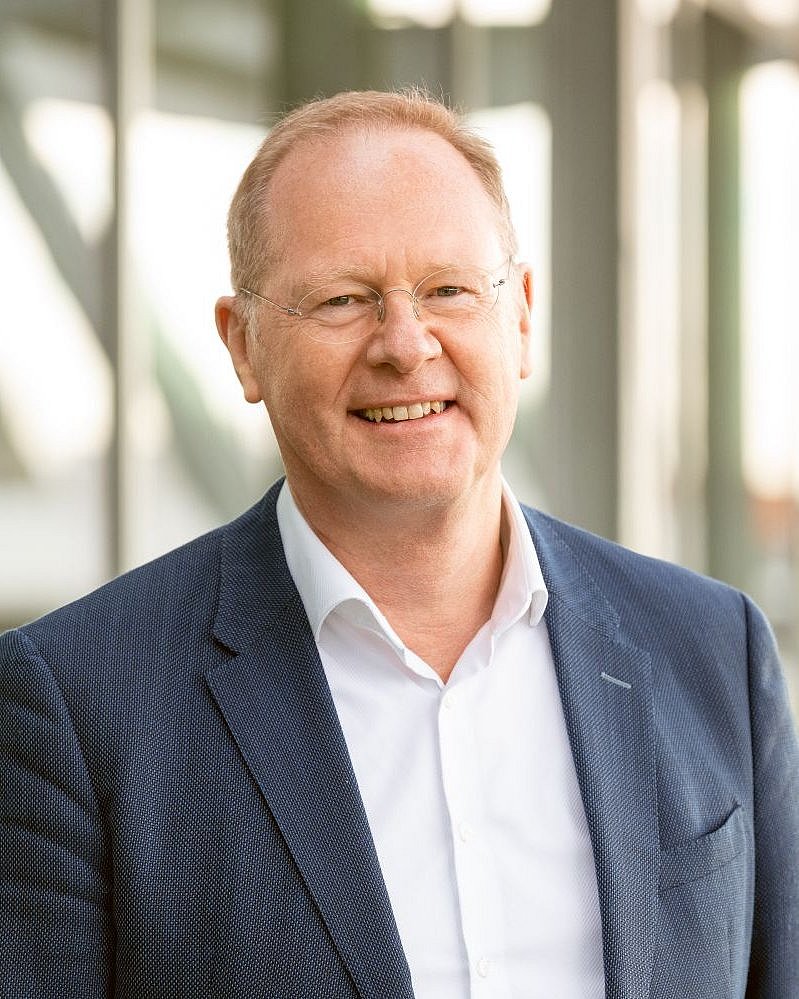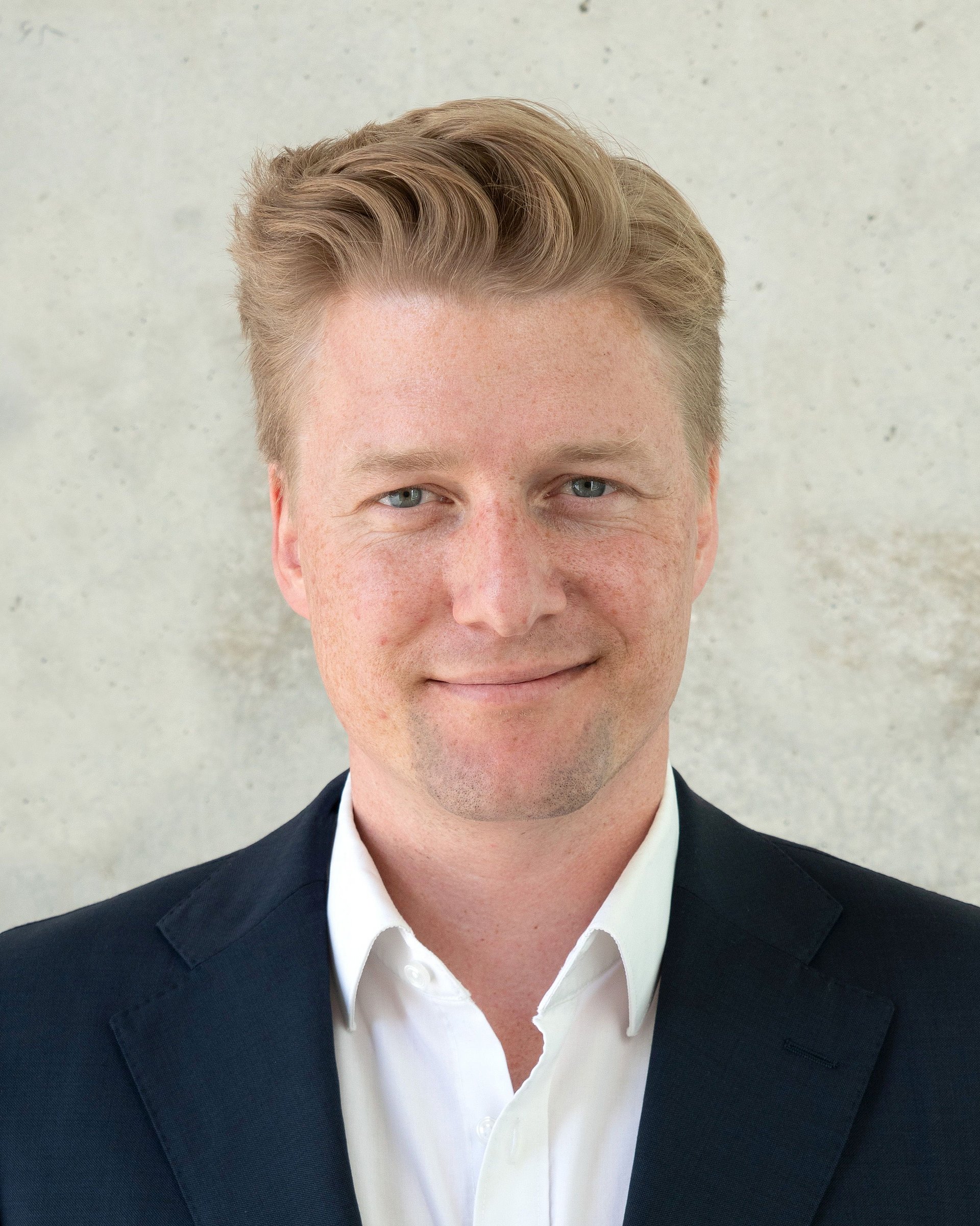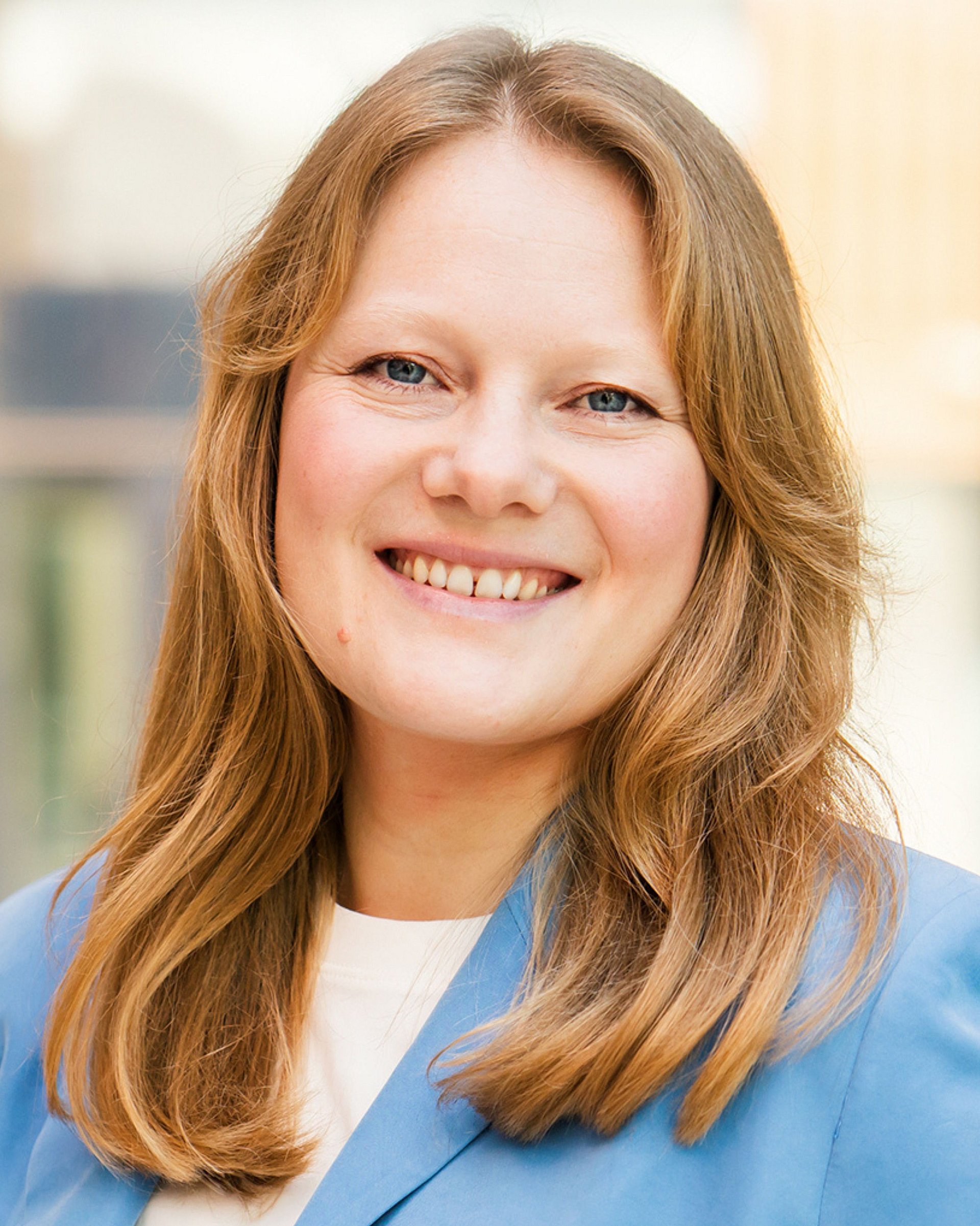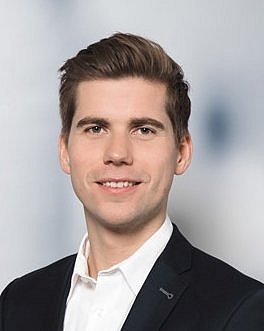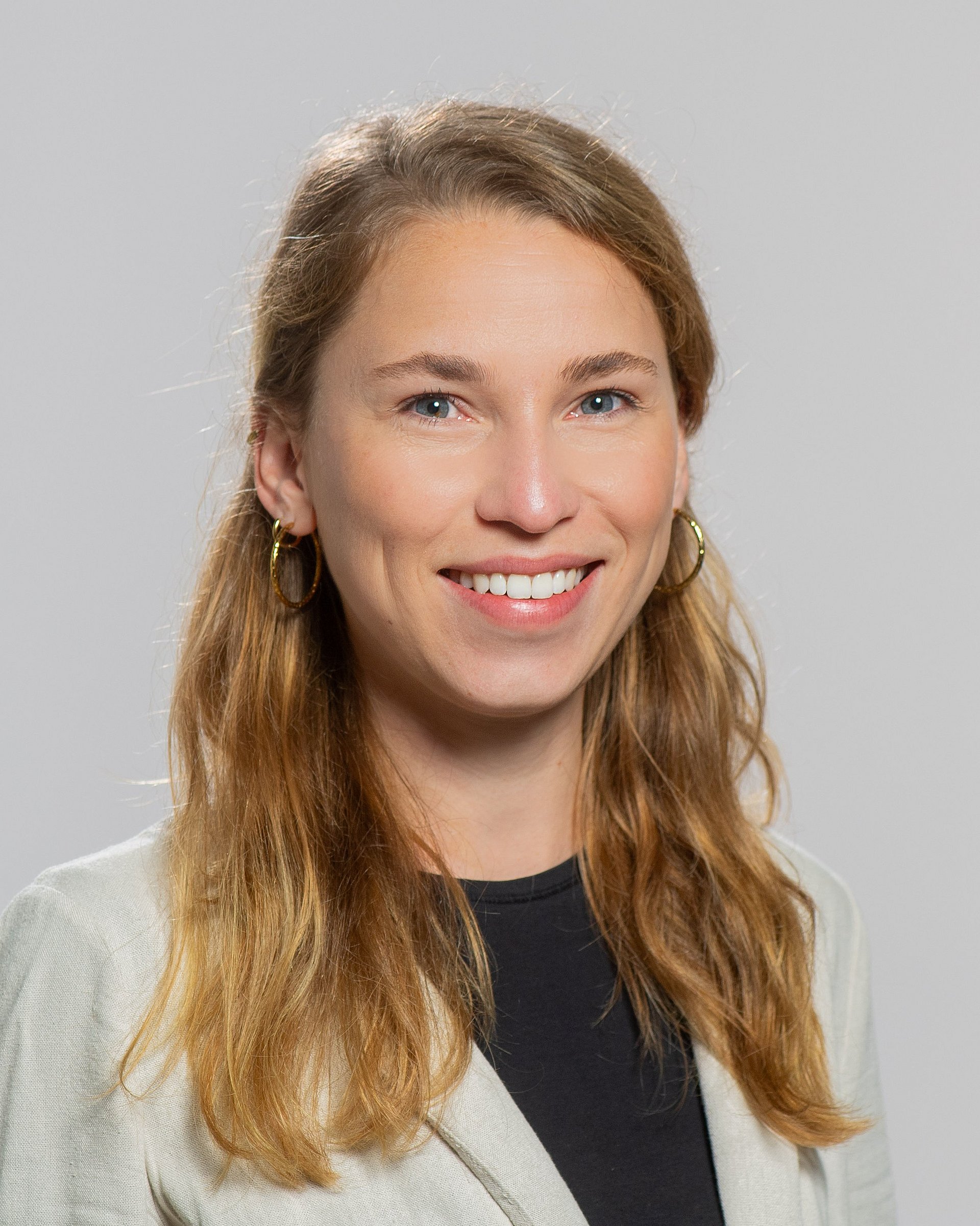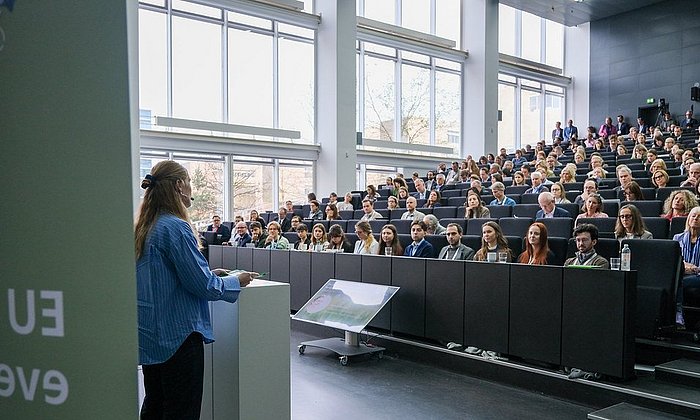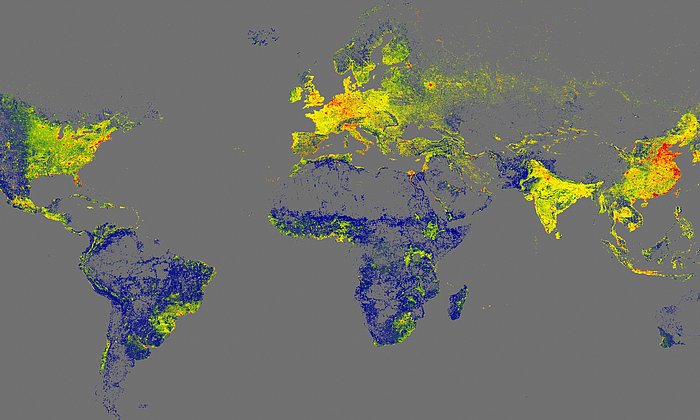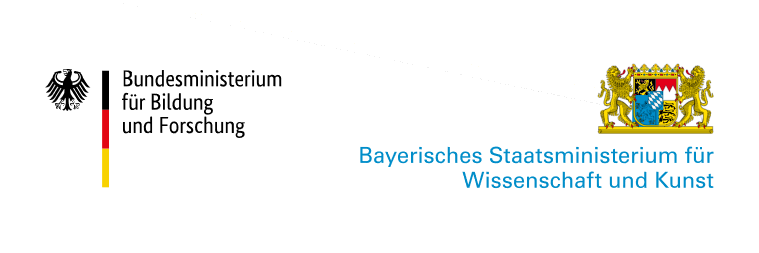Sustainability and Resilience
The objective of our TUM Sustainable Futures Strategy 2030 is to position our university as a driver of sustainable scientific, economic, ecological and social development.
The sustainable transformation of our society is a challenge we meet with both enthusiasm and a deep sense of responsibility. We pursue a comprehensive strategy because ecological limits, economic resilience and social justice are inextricably linked with one another. The goals we set are ambitious and take into account the complexity of sustainability as an issue, with all of its various mutual interactions. Here we focus on people: Sustainability lives on responsibility – and also through the day-to-day actions of our students, teaching staff, researchers and all employees.
Sustainability Strategy and report
With the TUM Sustainable Futures Strategy 2030, we have committed ourselves to holistic sustainable action and the common task of making TUM a more sustainable university. To this end, we have identified fields of action, prioritised key areas and defined concrete measures in a participatory process with the staff and students of our university. One component of the Sustainable Futures Strategy 2030 is Climate Action Management, which is developing an integrated climate action plan for the university.
Since 2024, we have been reporting on our progress in achieving our goals and implementing our measures in our TUM Sustainable Futures Report.
TUM Sustainable Futures Strategy TUM Sustainable Futures Report
Final report
TUM climate action plan
The integrated climate action plan is another milestone on the way to a more sustainable and climate-friendly university: It includes our climate protection activities to date as well as a detailed energy and greenhouse gas balance for all our main locations. On this basis, we want to use existing potential and fundamentally restructure our processes in research, teaching and campus management.
Our Team
Prof.
Werner Lang
Vice president sustainable transformation
+49 89 289 23990
sustainability@tum.de
Dr. Georg Röder
Head of Sustainability Office
sustainability@tum.de
Sina-Marie Rupp
Sustainability manager
+49 89 289 22895
sustainability@tum.de
Daria Senft
Sustainability manager
+49 162 281 5805
sustainability@tum.de
Annik Müller
Sustainability manager
+49 162 2815031
sustainability@tum.de
Raphael Harm
Sustainability manager
+49 152 03672094
sustainability@tum.de
Anna Maria Löffler
Mobility manager
sustainability@tum.de
TUM Sustainability Day 2026
Our third Sustainability Day will take place on April 29, 2026 at the Garching campus. Visitors are treated to a varied program of keynote speeches, workshops and a sustainability fair with many exhibitors.
Current Sustainability News
Technical University of Munich
Sustainability Office
Arcisstr. 21
D- 80333 Munich
Tel. +49 89 289 22897
sustainability@tum.de
